As children, many of us loved sleeping with stuffed animals, but as we grow older, we often leave that habit behind. However, some adults, especially women, still find comfort in cuddling their plush toys at night. Why do they do this? It turns out, this behavior can reflect deeper emotional needs.
1. Stuffed Animals as a Parental Substitute
When we were young, many of us slept with our parents. As we got older, they encouraged us to sleep in our own rooms. This transition was often scary for children, so parents would place a stuffed animal or two in the room, especially for girls. They’d tell their children that hugging these toys would help them feel safe and secure. Over time, some kids began associating these stuffed animals with their parents, holding onto them tightly for comfort. For some, this habit persists into adulthood, suggesting that the toy has become a substitute for the emotional security provided by their parents.
In psychological terms, these individuals may not have fully developed a healthy attachment to their parents during childhood. This attachment style can impact their adult relationships. Hugging a stuffed animal may be a way of seeking psychological safety, especially for those who may have experienced emotional distress during childhood.
2. Stuffed Animals Reflect Personality Traits
Some people appear independent and confident to others, but they still enjoy hugging stuffed animals at night. This can indicate that their independence is more of a necessity than a true reflection of their inner self. They may have a quiet sense of insecurity or feel more vulnerable than they let on. For example, some men report that their girlfriends seemed very independent at first, but over time, they’ve become more reliant on them for emotional support—transitioning from cuddling stuffed animals to cuddling their partner.
If you have a partner like this, it’s important to show them love and reassurance. It can make a significant difference to their sense of security.
3. Stuffed Animals as a Symbol of Self
By adulthood, many people sleep comfortably on their own, so why do some still cling to a stuffed animal? The truth is, they may not be holding onto the toy itself, but rather what it represents—an aspect of their personality or emotional needs.
These individuals are often introverted, lack confidence, or fear being alone. As children, they may have felt abandoned or emotionally neglected, which left them feeling sad or hurt. However, they were too young to change their situation. As they grew older and gained control over their lives, they began to feel sympathy for their younger selves. Subconsciously, they may hug their stuffed animals as a way of comforting the child within them—a way to heal emotional wounds from their past.
Conclusion
The habit of sleeping with stuffed animals as an adult can be deeply rooted in childhood experiences. Parents should be mindful when encouraging their children to sleep alone. Creating a secure attachment is vital, so it’s important to help children feel safe without relying too much on toys for comfort. Instead, spending time with your child before bed and reassuring them that you’re always there for them can help prevent emotional insecurities later in life.
Understanding the reasons behind this behavior can lead to a more compassionate approach toward adults who still find comfort in stuffed animals. It’s often about emotional security, personal identity, and self-soothing.

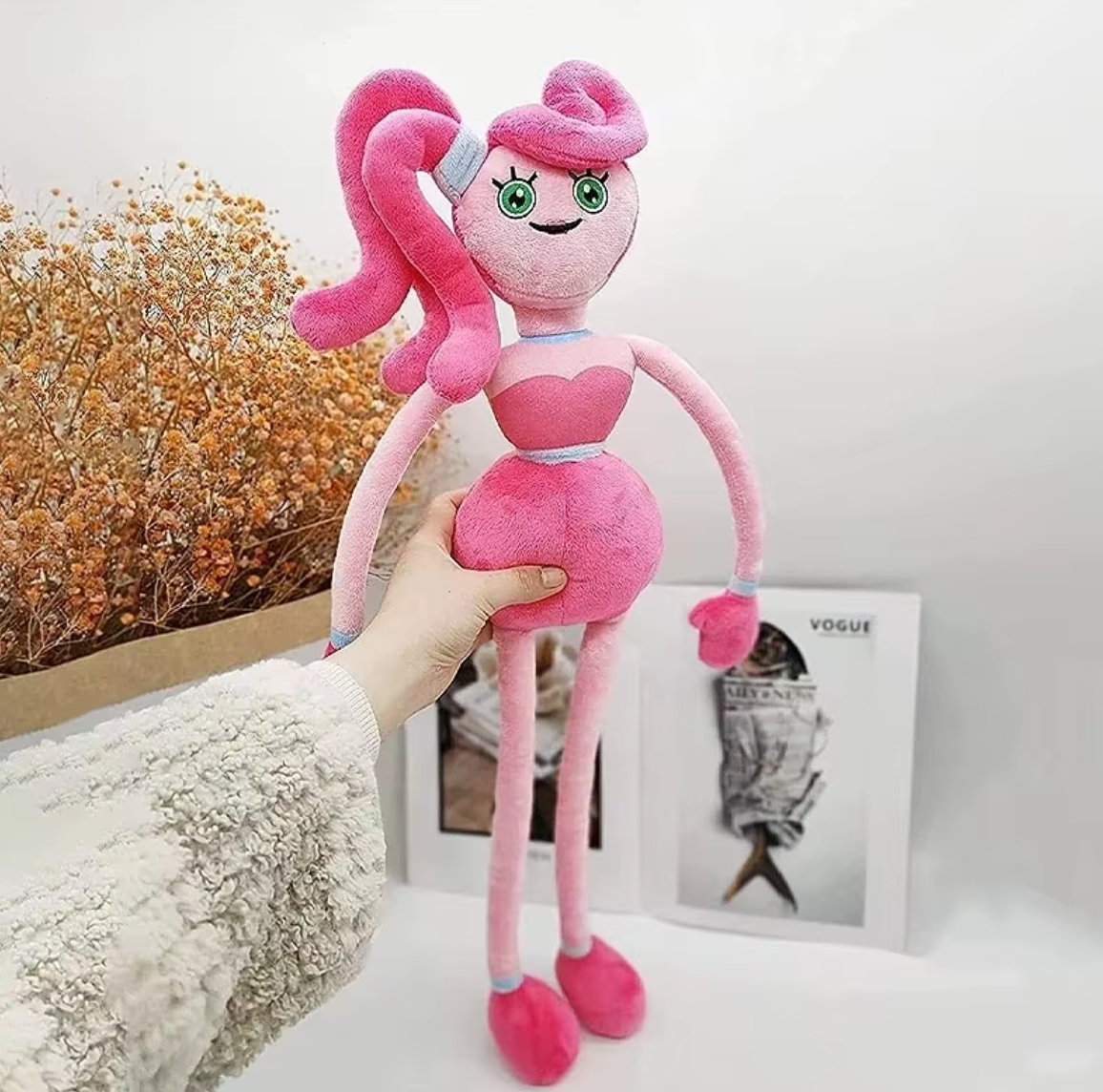
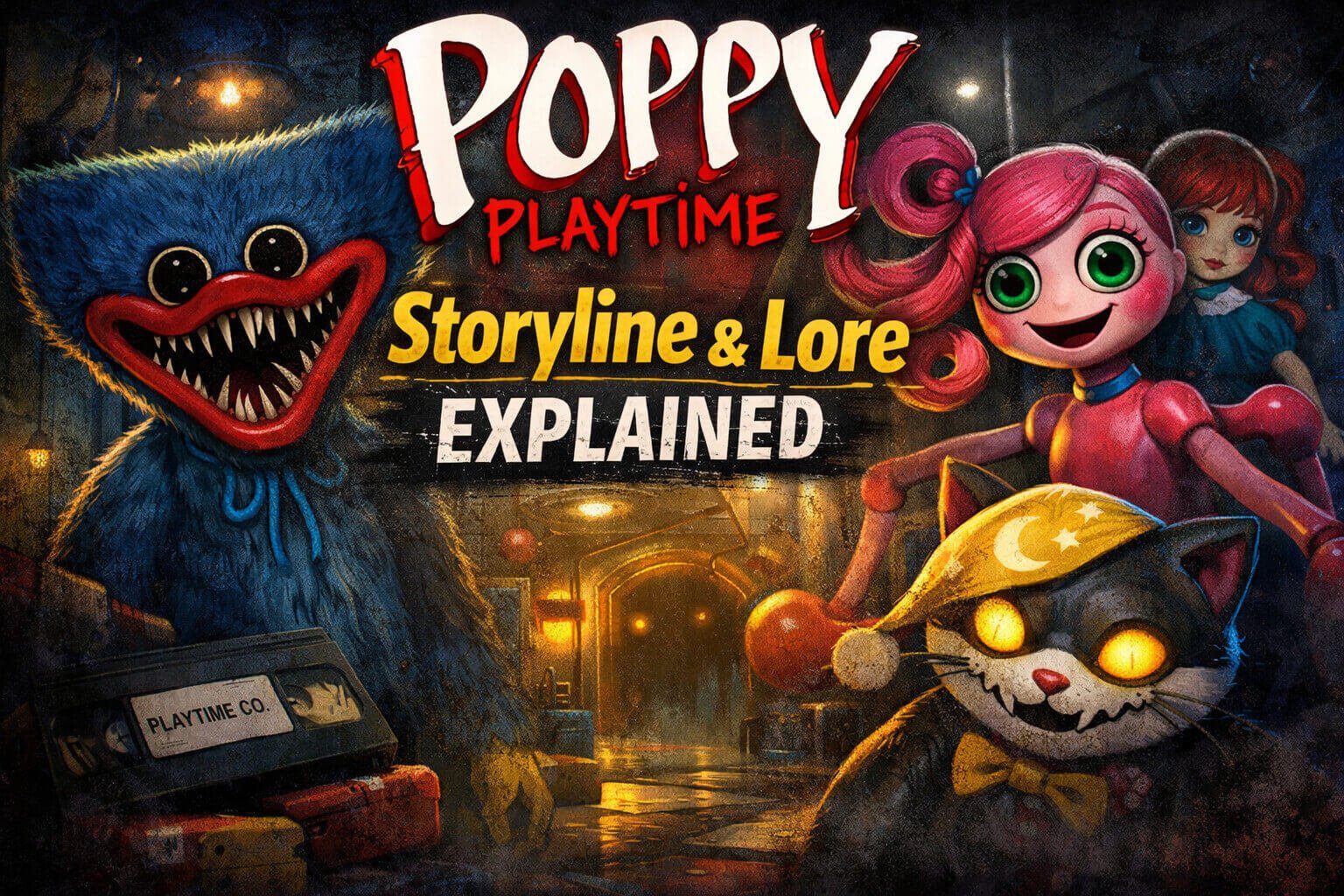

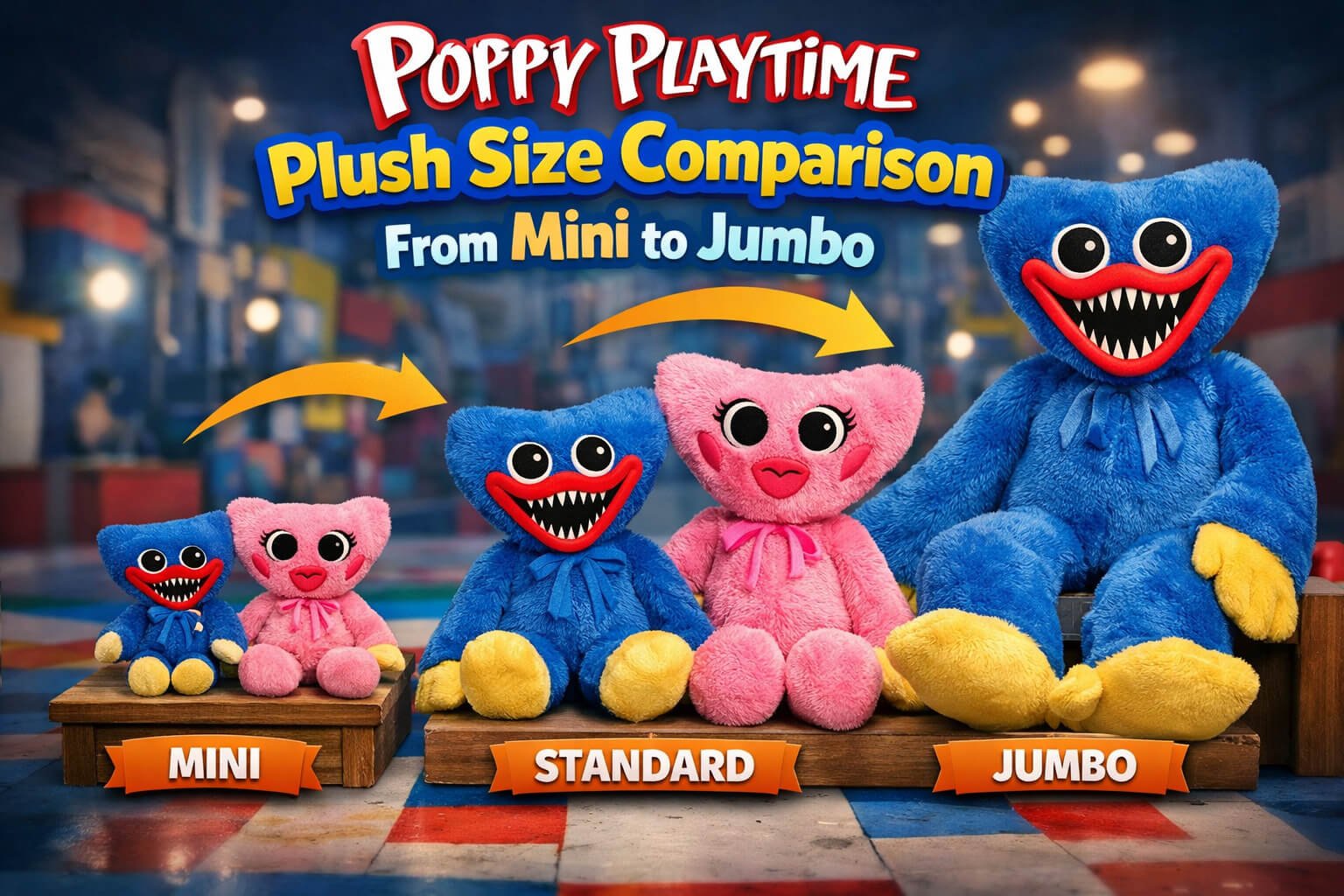
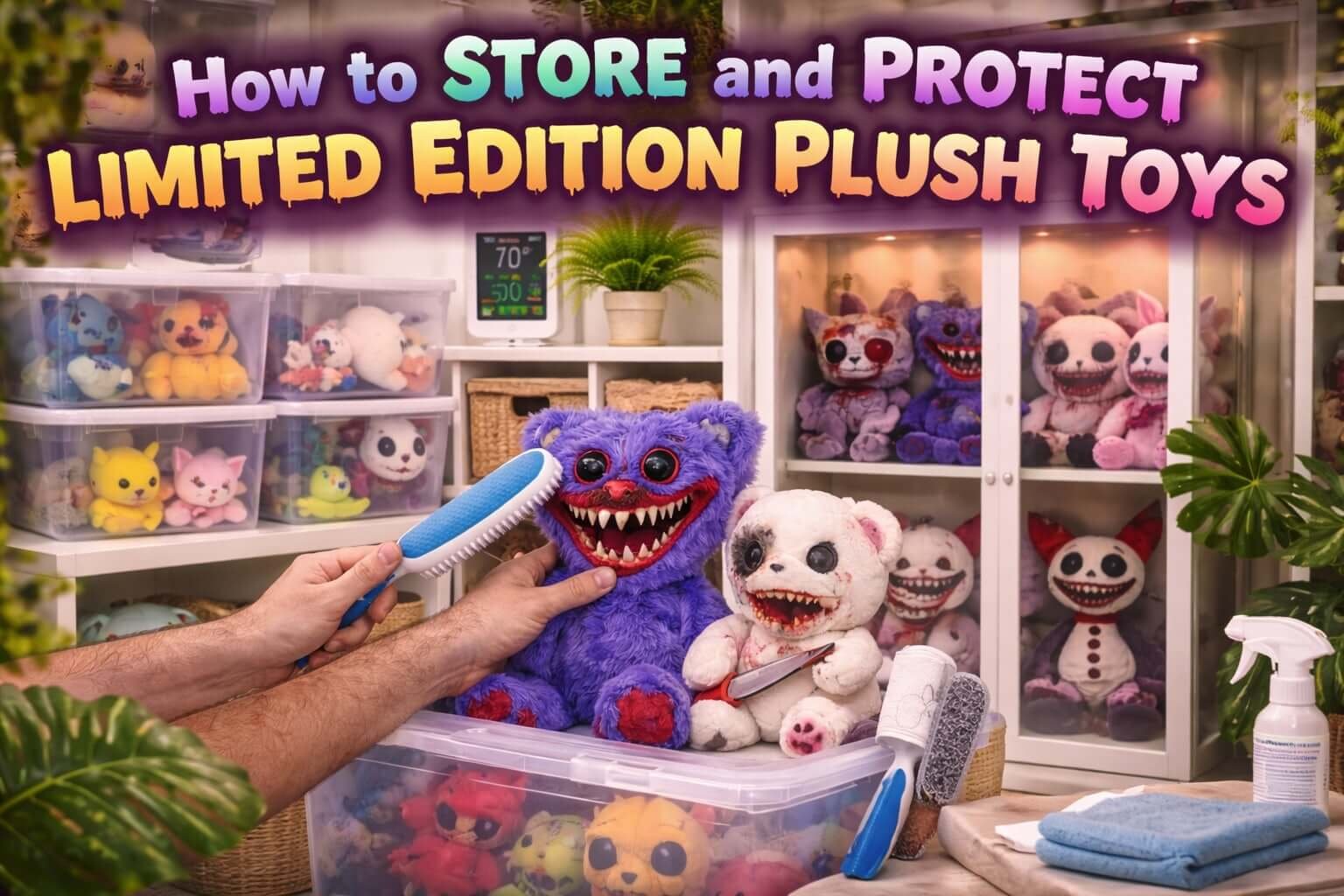
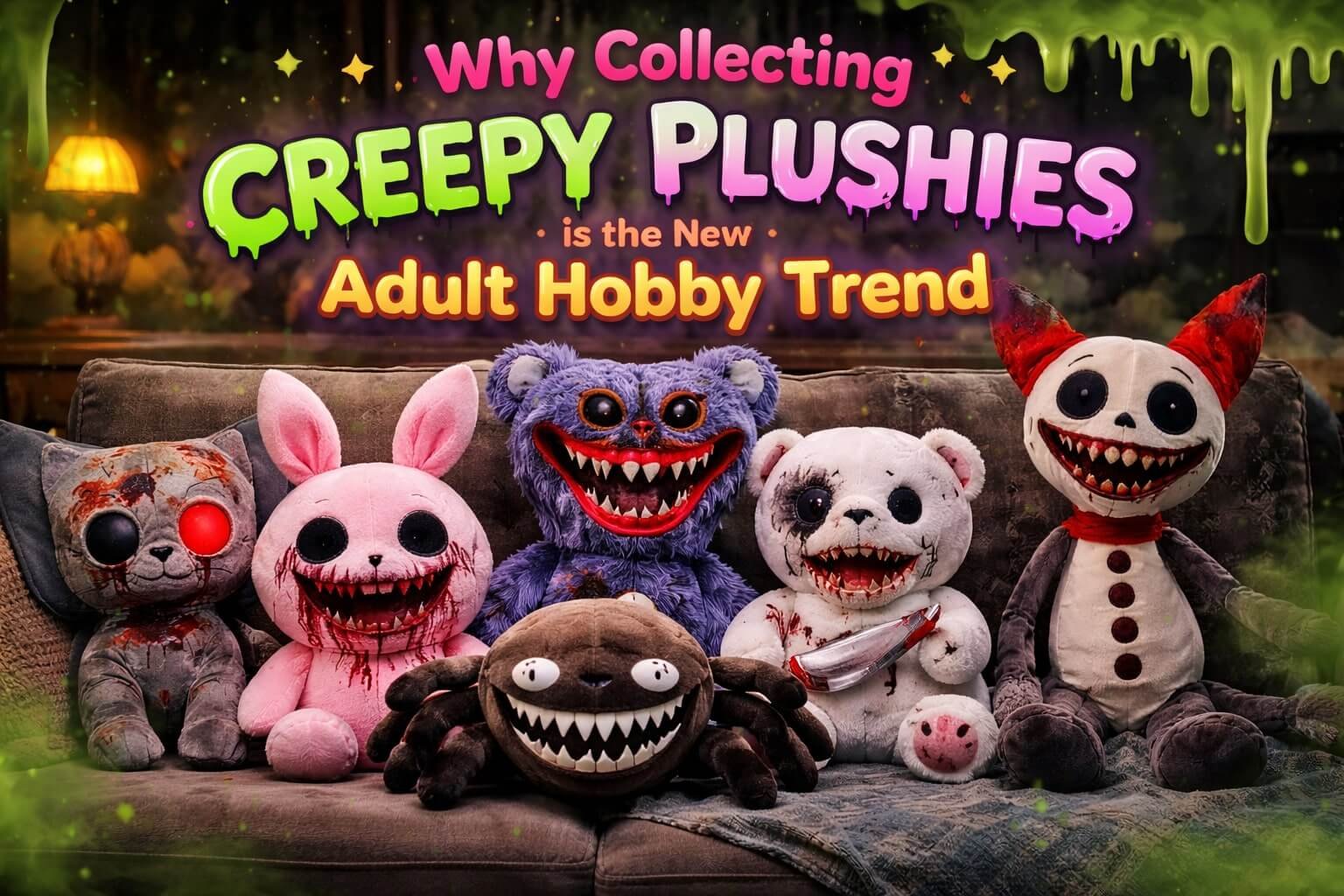

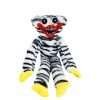

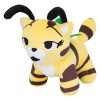
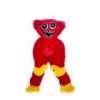
Leave A Comment